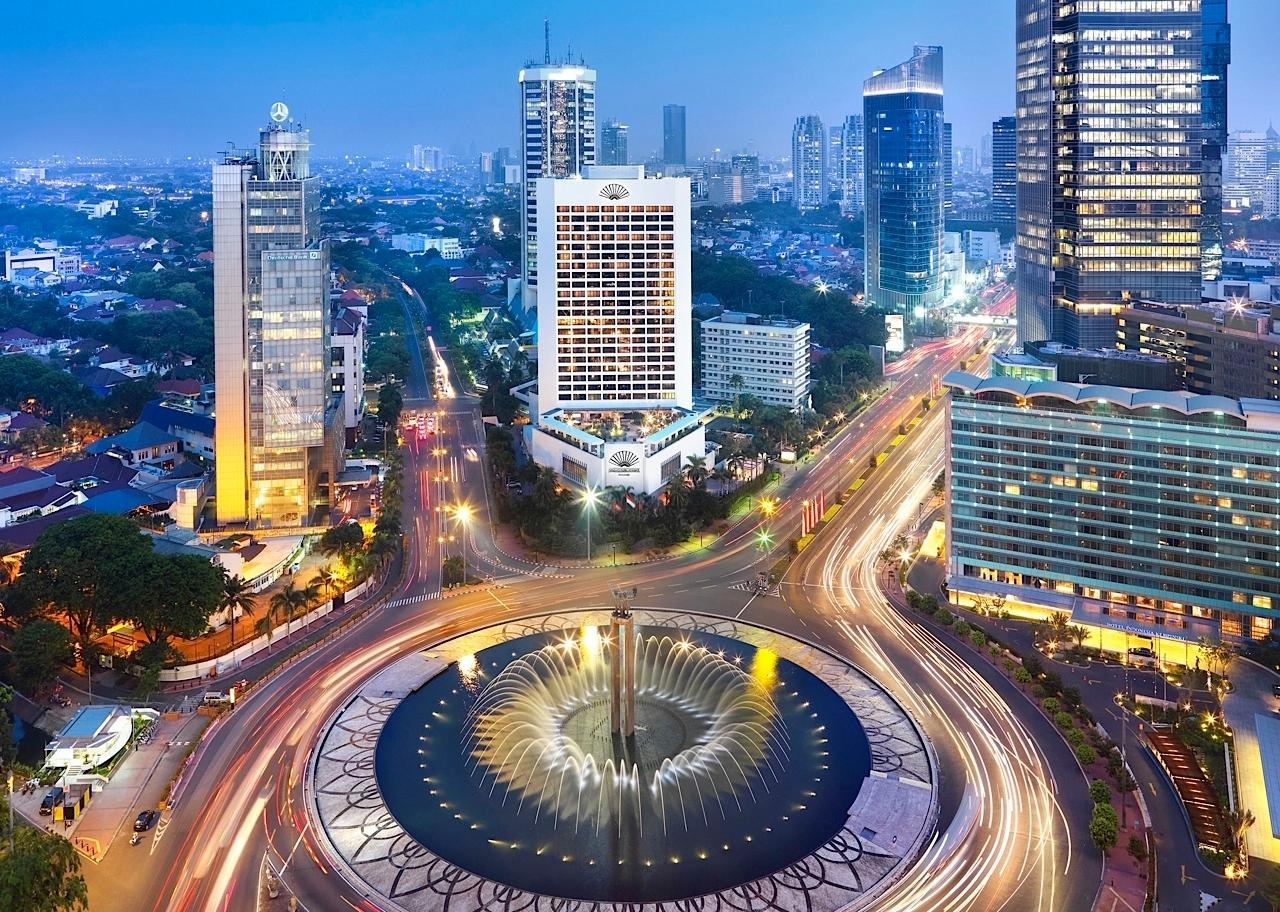Comments
- No comments found

In the quest for robust economic advancement in West Africa, the region finds itself at a pivotal moment, where the discovery of inventive solutions and the effective mobilisation of resources play integral roles.
Navigating a complex interplay of investment priorities, the costs of democratic processes, and the tradeoffs between equity and efficiency is a pivotal challenge for the region's prosperity. Recognizing the critical importance of advancing infrastructure through transportation and energy upgrades is essential for progress.
Energy fuels the economy, yet West Africa's consumption is around 180 kWh per capita, significantly lagging behind the United States at 13,000 kWh and Europe at 6,500 kWh.
This stark contrast underscores the challenges faced by a considerable portion of West Africa’s population, struggling with entrenched poverty and limited access to crucial resources like reliable electricity. These limitations underscore the urgent need for comprehensive strategies aimed at fostering sustainable and inclusive economic development throughout the region.
Moreover, the intricate challenges, spanning geopolitical tensions to the evolution of technologies like AI and automation, coupled with the upsurge of industrial policies in developed countries (such as the U.S.'s IRR), underline the imperative for a reassessment of development approaches in West African nations. Fundamental to this is the supreme objective of attaining and sustaining robust economic growth., surpassing inflation rates by 5%.
Over the past 40 years, economic growth has barely outpaced population expansion, averaging approximately 3%—marginally higher than the population growth rate of around 2.5%. This slow growth, coupled with stagnant real GDP per capita in certain West African countries since the 1970s, indicates a pressing need for rapid economic acceleration that significantly surpasses population growth and endures over time.
Governments in the region acknowledged the importance of closing the infrastructural gap for sustainable growth and maintaining and upgrading transportation networks. However, the complexity arises in balancing investment priorities with democratic elections requirements, where sometimes an emphasis on distribution over efficiency slows economic advancements. Moreover, the impending demographic surge (a projected doubling of the population in the next two decades) poses significant challenges, potentially straining resources and testing socio-economic structures.
Addressing these multifaceted challenges demands a comprehensive approach. The region’s imminent population surge highlights the urgency for proactive, collaborative efforts to ensure resilient economic growth that benefits the region and contributes to global stability. One crucial aspect of this pursuit is the mobilisation of resources, where taxation emerges as a key revenue source for funding public services, providing stability compared to unpredictable revenue sources like aid, grants and extractive resources royalties.
The average tax-to-GDP ratio from 2010 to 2021, as reported by the recent OECD study, stands at approximately 15.6%, remaining significantly lower compared to other global regions. This discrepancy impedes individual nations' capacity to bridge the infrastructure gap and make substantial investments in crucial sectors such as healthcare and education.
Furthermore, despite a gradual increase in mineral exports, West African countries face challenges in maximising revenue from these resources. This underscores the urgent need for strategic measures to tap into the vast potential of mineral resources for sustainable economic growth.
Governments in the region are tasked with delicately balancing these factors, understanding that economic advancement requires a harmonious blend of investment-driven progress and inclusive distribution. This commitment reflects the region's dedication to not just overcoming challenges but also thriving and contributing significantly to global economic stability.
Leave your comments
Post comment as a guest